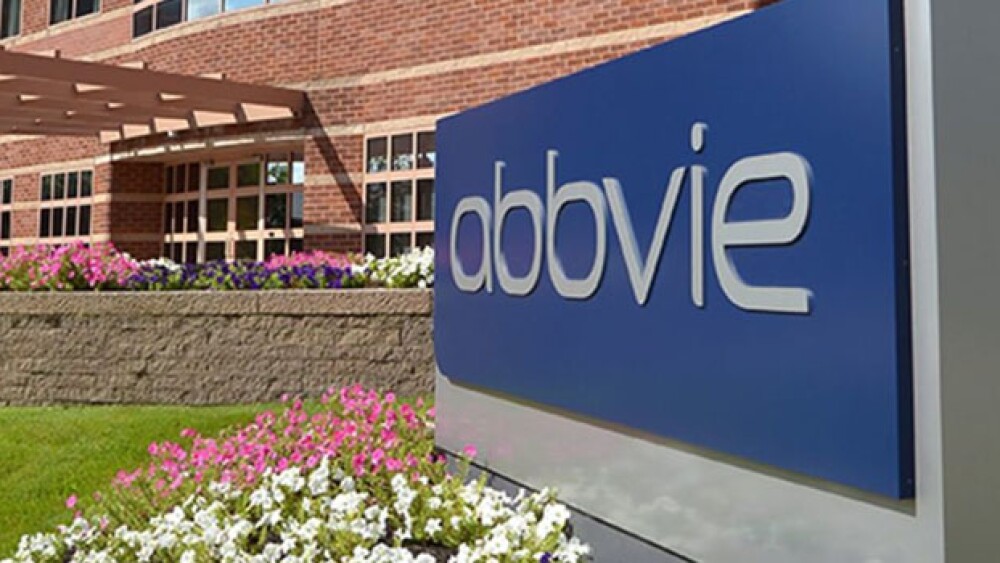Shares of AbbVie are up slightly this morning after the company announced that it finally received regulatory approval for its endometriosis drug elagolix. The approval marks the first new approved oral treatment for endometriosis-associated pain in more than 10 years.
Shares of AbbVie are up slightly this morning after the company announced that it finally received regulatory approval for its endometriosis drug elagolix. The approval marks the first new approved oral treatment for endometriosis-associated pain in more than 10 years.
With the approval in hand, AbbVie is not wasting any time. The company said it will have the endometriosis drug available for patients in early August.
In April the U.S. Food and Drug Administration (FDA) pushed back its approval timeline for elagolix by three months. After the regulatory agency announced it will push back the timeline, the FDA said it anticipated making a ruling in the third quarter of this year. But this morning, the Illinois-based company said the FDA gave the medication the green light. It was approved under priority review, the company said. Elagolix will be marketed as Orilissa. Orilissa is a gonadotropin-releasing hormone (GnRH) receptor antagonist. It is a short-acting molecule that blocks endogenous GnRH signaling by binding competitively to GnRH receptors in the pituitary gland.
It will be available in two doses – a once-per-day 150 mg pill and a 200 mg twice-per-day pill.
Michael Severino, AbbVie’s chief scientific officer, said Orilissa “represents a significant advancement” for endometriosis patients, as well as prescribing physicians who need more options to manage treatment.
Orilissa was co-developed by developmental partner Neurocrine Biosciences, Inc. That company’s stock is also up this morning, trading at $106.98 as of 10:46 a.m.
Endometriosis occurs when tissue similar to that normally found in the uterus begins to grow outside of the uterus, leading to long-term pelvic pain (during or between periods), pain with intercourse and other painful symptoms. Pain from endometriosis is typically managed with nonsteroidal anti-inflammatory drugs (NSAIDs), opioids and hormonal therapies. Women can suffer for up to six to 10 years and visit multiple physicians before receiving a proper diagnosis, AbbVie said.
Approval for Orilissa was supported by data from two Phase III studies that showed doses of elagolix resulted in a statistically significant higher proportion of responders for menstrual pain (dysmenorrhea) and non-menstrual pelvic pain associated with endometriosis. Data showed that elagolix significantly reduced the three types of endometriosis-associated pain – daily menstrual pelvic pain, non-menstrual pelvic pain and painful intercourse, according to AbbVie.
AbbVie said the recommended duration for use of Orilissa is up to 24 months for the 150 mg dose and six months for the 200 mg dose due to the development of a dose-dependent decrease in bone mineral density (BMD). BMD loss is greater with increasing duration of use and may not be completely reversible after stopping treatment.
AbbVie is studying elagolix in multiple indications that are mediated by ovarian sex hormones, such as uterine fibroids and endometriosis. So far elagolix has been involved in more than 40 clinical trials totaling more than 3,000 subjects, AbbVie said.





